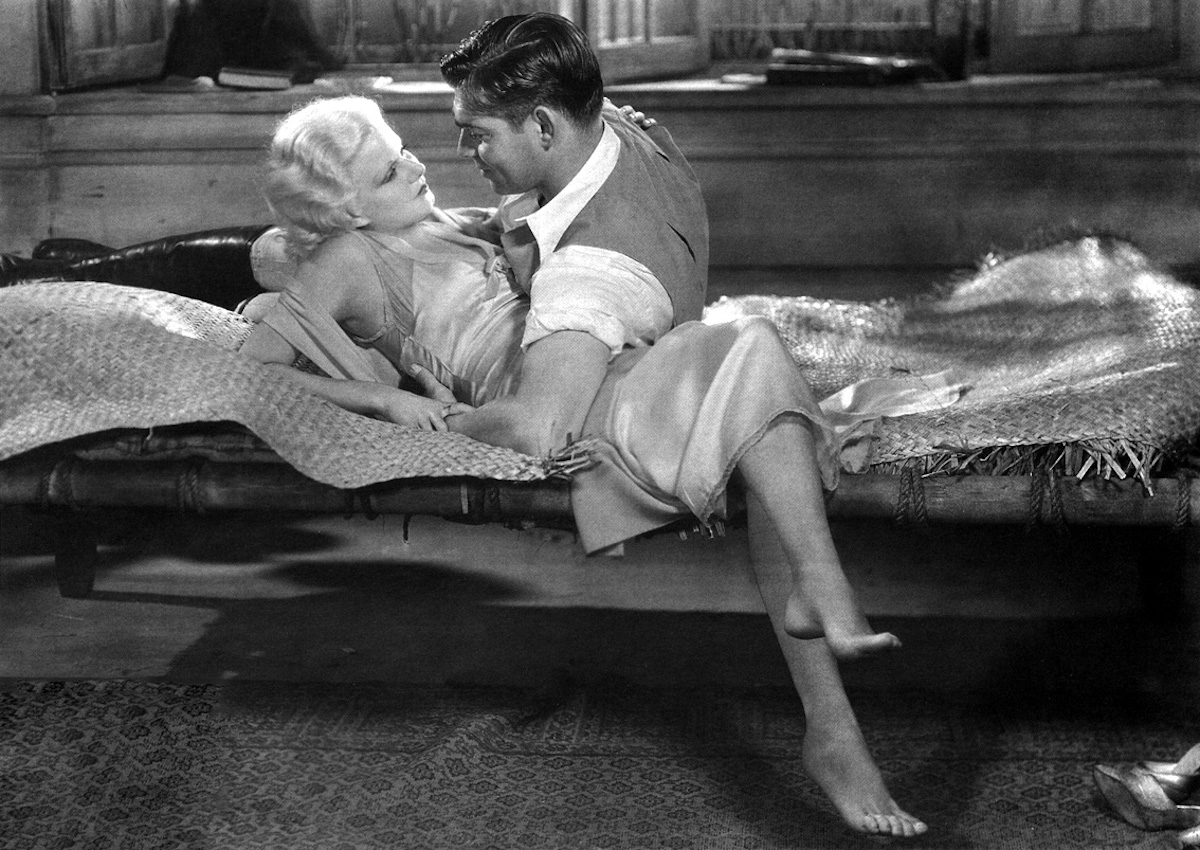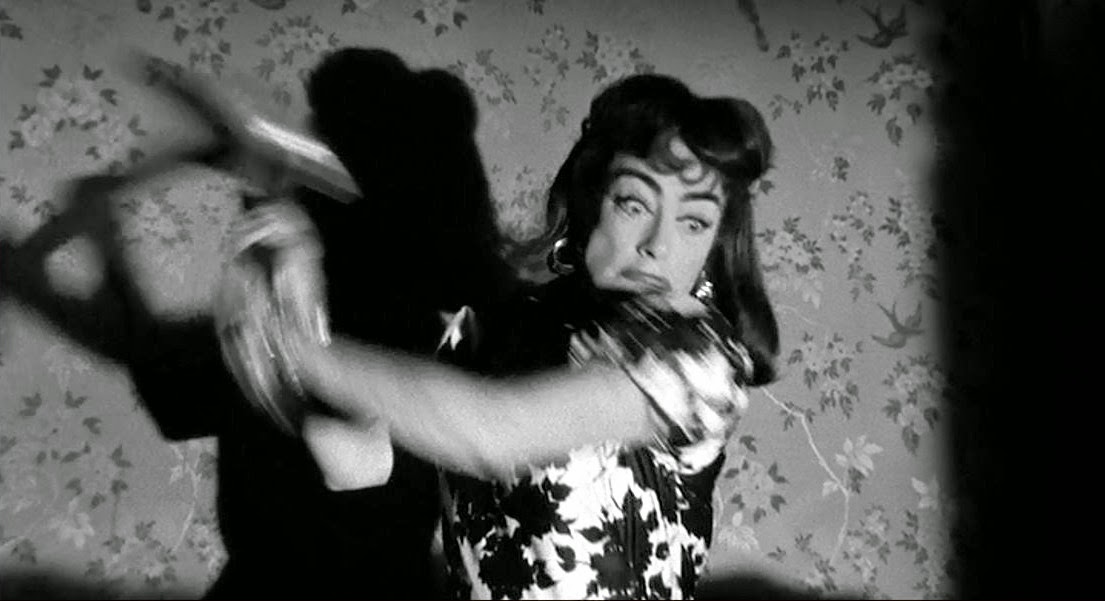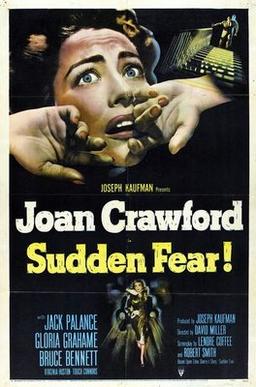"The attraction here isn't really the cultural relic/curiousity value, it's the variation of the old man meets woman, they hate each other, they clash with sparkling dialogue and then end up together 'til death they do part. This bit has been done to death in Hollywood's 100+ year run, but it can be freshened and redeemed if the scriptwriter is up to the job."
Category: Actors
Post
24-Aug-1925-Feb-26Actors, Around the World, California, Cinemagic, Classic Cinema, Entertain Me, Joan Crawford, Movie Night, Movies, Quotable, Society, United States
Movie Night: Strait Jacket
"The bonuses here are George Kennedy as a farmhand foreshadowing by 22 years Billy Bob Thornton in 1996's Swing Blade ("I like them French fried potaters."), all the Pepsi placement, and Lee Majors in pre-Six Million Dollar Man mode, along with his very hairy chest, fluffily rising and falling just before the axe falls."
Post
01-Sep-1825-Feb-26Actors, Cinemagic, Classic Cinema, Entertain Me, Joan Crawford, Quotable, Quote, Summer Under the Stars, TCM
TCM Tonight: Summer Under the Stars – Joan Crawford
Of COURSE we had to watch some Joan tonight. Not taking time to behold the wonder that is our patron saint, Lucille LeSueur, would be anathema, blasphemy, time wasted! First up was 1952’s Sudden Fear — Joan with Jack Palance, Gloria Grahame, Bruce Bennett, Virginia Hudson and Mike “Touch” / “Mannix” Connors. David Miller directed. Playwright...



